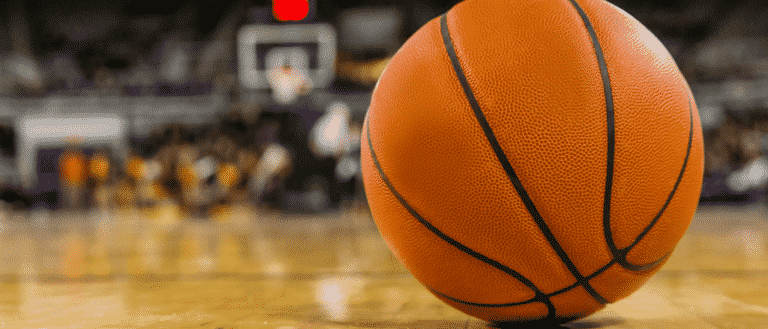Illinois Advocacy Groups Shine A Light On Gambling Addiction Awareness

The legalization of online gambling in many states across the country gives more Americans access to placing wagers safely and securely, but it also means a larger volume of participants are subject to gambling addictions.
In other words, even if the percentage of all participating adults with gambling problems remains the same, more overall bettors mean a proportionately higher number of people at risk of the dangers of irresponsible gambling. Illinois’ Department of Human Services is taking an active approach to this matter, as the state has the fourth-largest sports betting revenue and is the sixth-most populous state in the country.
Gambling Addiction Awareness In Illinois Is An Ongoing Process
While brick-and-mortar casinos have been operational in Illinois for some time, the legalization of online sports betting in Illinois in March 2020 has given adults within state lines the opportunity to place wagers on games from the comfort of their own homes via mobile devices.
The National Council on Problem Gambling’s survey from 2016 estimates 2.2% of Illinois adults have gambling problems, a percentage that puts the state in the middle of the pack, but 8.6 million adults in the state puts close to 200,000 people at risk.
To address this, the Illinois Department of Human Services launched a one-year study on gambling addiction within the state set to look into various population-wide elements such as race, socioeconomic status, potential risk factors, and more.
Though the study is only set to run for one year, it aims to better understand gambling addiction behaviors to best appropriate funds for future programs and investments of the same regard.
Other Partners on Board
Part of the study’s roughly $500,000 budget is dedicated to providing grants to worthy recipients in the space, including addiction treatment center Gateway Foundation and the Midwest Asian Health Association (MAHA).
Representatives of both entities cited similar incentives as to why they wanted to contribute to the study. Mental health-related issues such as anxiety and depression along with substance abuse issues, can create worse conditions for gambling-related problems, and links have also been shown between gambling and both substance abuse and depression.
The overwhelming majority of Illinois sports betting revenue is from online sportsbooks, and the convenience factor of wagering only makes it more critical for bettors to do so responsibly. When mental health and substance abuse disorders are thrown into the mix, it becomes even more critical to act, and that is why Gateway Foundation and MAHA applied to participate in the study.
Changing the Problem Gambling Stigma
The country has dealt with lockdowns or partial openings for an entire year in many places because of COVID-19, which has led to a rise in numbers related to depression and substance. These issues often leave victims feeling misunderstood and misdiagnosed, and worse, they too can come with a stigma that pays no attention to the role addiction can play.
Teresa Garate, vice president of strategic partnerships and engagements at Gateway, said of problem gambling:
“The fact that people don’t see it as an addiction makes it even harder for people to be self-aware and that they have a problem, that they need help. There’s a lot of stigma related to this.”
Do You Need Help With A Gambling Problem In Illinois?
If you or a loved one has a problem related to gambling addiction, the Illinois Department of Human Services has an official site with information related to gambling disorders, places to find help, and other available resources.
The site also features a quiz for those who are unsure if they have a gambling problem, as some people’s warning signs can be more subtle than others. For those in the retail gambling industry, resources such as posters, business cards, and pamphlets are available to provide Illinois patrons with access to this information.
Help can also be obtained by texting “ILGAMB” to 53342 or calling the state’s helpline at 1-800-GAMBLER.







